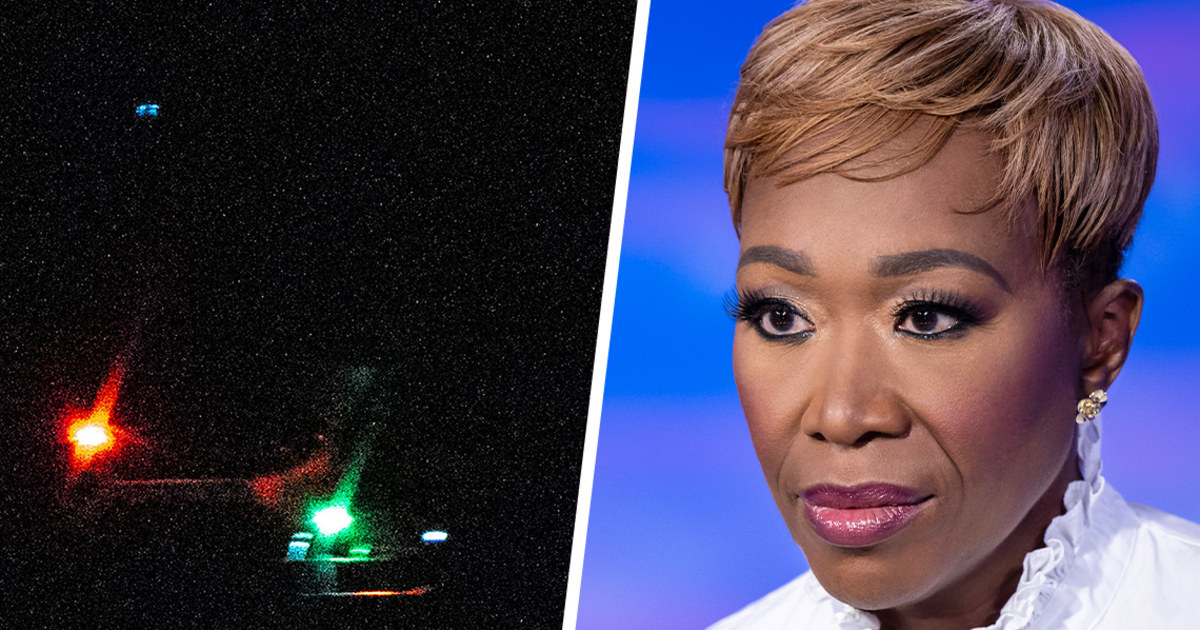
Nickel-hydrogen Batteries
Nickel-hydrogen batteries are rechargeable electrochemical energy storage devices that use a nickel electrode, a hydrogen electrode, and an alkaline electrolyte. They are commonly used in space and astronautical engineering applications due to their high energy density, long cycle life, and ability to operate in extreme temperatures and vacuum environments. The nickel-hydrogen battery technology was first developed in the 1970s by NASA for use in space missions, and has since been used in a variety of spacecraft including the International Space Station and the Hubble Space Telescope.
Your Previous Searches
Random Picks
- Magnetosphere: Magnetosphere is the region around a planet where the planet's magnetic field dominates the interplanetary magnetic field. The magnetosphere acts as a shield, protecting the planet from the charged particles of the solar wind. The shape and ... Read More >>
- Techniques: In the context of space and astronautical engineering, techniques refer to the methods and procedures used to design, develop, test, and operate spacecraft and related systems. These techniques encompass a wide range of disciplines, includi ... Read More >>
- Fabrication Techniques: Fabrication techniques refer to the methods and processes used to manufacture and assemble spacecraft and their components. These techniques include cutting, drilling, welding, brazing, and bonding of materials such as metals, composites, a ... Read More >>
Top News

This is how close NASA's Parker Solar Probe will fly by the sun...
The probe is expected to pass within 3.86 million miles of the sun on Dec. 24....
News Source: ABC News on 2024-12-19

Americans are falling prey to drone conspiracy theories. Trump isn't helping....
Joy Reid breaks down the drone mystery gripping the East Coast and explains how Trump is bringing slew of conspiracy theorists into the White House...
News Source: MSNBC on 2024-12-17

Why you shouldn't wait for the Geminid meteor shower peak this year...
The Geminid meteor shower this year is set to peak at almost the same time as December's full moon, which could make for challenging viewing conditions....
News Source: CBS News on 2024-12-06

Crime-solving techniques may have solved medieval art mystery...
A court handwriting expert may have helped reveal true identity of a leading Byzantine painter....
News Source: CBS News on 2024-12-05

Experts believe study of 700-year-old handwriting unveils leading Byzantine pain...
Crime-solving techniques applied to a medieval illuminated manuscript in Paris may have solved a centuries-old puzzle: The true identity of a leading Byzantine painter who injected a human touch into ...
News Source: ABC News on 2024-12-05